The slow road to driverless cars
We’ve been hearing about self-driving cars for years. But TRL is already testing them on London roads, building testbeds and trials to discover how people will react to automated vehicles


Sign up today and you will receive a free copy of our Future Focus 2025 report - the leading guidance on AI, cybersecurity and other IT challenges as per 700+ senior executives
You are now subscribed
Your newsletter sign-up was successful
Radar and cameras are helping the car navigate through the street in London’s Woolwich, stopping when a pedestrian approaches the kerb and slipping around corners with ease. But not all the locals in the Royal Arsenal development are pleased to have the future of driving in front of them – in particular, the white van honking behind the test vehicle, constrained to the tight local speed limit of 5mph.
The technology works, but that doesn’t mean driverless cars are ready for our roads. How, for instance, will insurance work? How can a car with no human at the wheel interact with standard vehicles? And what happens when you’re forced to stick to the agonisingly slow speed limit when all of the other vehicles around you consistently exceed it? Those are just some of the answers that TRL is trying to answer with its trial in Woolwich. Formerly the government’s Transport Research Laboratory, TRL was spun out and privatised in 1996. Now, it’s at the forefront of considering the impact of future technology on human lives. TRL Academy director Richard Cuerden tells us more.
What work are you doing on driverless technologies?
The government was offering investment via Innovate UK … It’s nearly £20 million for putting in control rooms, high-tech workshops, instrumenting 300 sensors across 24km in Greenwich and Queen Elizabeth Park so we can monitor vehicles and different systems. We’ll have a real-world test track, so you can test services, vehicles, payments and those things.
In parallel to that, we have got a trial in Woolwich that’s about learning how new automated services might operate in the future. We’re keen to understand the data the vehicle collects.
What technology are you using for the trial?
There are a lot of automated vehicles out there. We’ve chosen to use Autoware, which is an open-source platform. Autoware means you can download code and then add your code to it, and see what data it collects. The vehicle itself isn’t the most advanced system, but it allows you to get under the skin and see what decisions it makes.
This isn’t about testing driverless cars, but setting up a way to test them?
Exactly, it’s about getting the vehicle on the road in the first place – making sure what you’re doing is safe [both] as a prototype and when we have these vehicles for public use. We’re learning a lot about how to measure and certify safety credentials.
We have a number of clients who will be testing vehicles, and we have our own and we’re quite keen to be pushing that envelope. We’re not going to be the people who develop and provide you with a new vehicle or new service, but hopefully we’re allowing other people to get there.
Sign up today and you will receive a free copy of our Future Focus 2025 report - the leading guidance on AI, cybersecurity and other IT challenges as per 700+ senior executives
How have local residents reacted?
We’re getting residents to have a go in it, but it’s not the world’s most exciting ride – the speed limit on the road is 5mph. We can’t go above the speed limit. We are the only vehicle on that route that keeps the speed limit, I expect. It could do 20mph, but it’s restricted by the road.
But what we’re starting to learn is how normal people have a go in it feel about it – is it something they’d be willing to use in the future? Also, what’s the business case for this? If you’re going to set up a fleet of vehicles, what would they look like, how would you offer it, how many seats would it require? Would it just add to congestion? And we really don’t want to do that, we want to be thinking about getting people out of personal cars and finding more efficient, easier ways that they can get around through automation. That’s the big learning point that we’re hoping to get from this trial. There’s a lot of work to be done from a policy side in terms of what we want our streets to look like

Rory Bathgate is Features and Multimedia Editor at ITPro, overseeing all in-depth content and case studies. He can also be found co-hosting the ITPro Podcast with Jane McCallion, swapping a keyboard for a microphone to discuss the latest learnings with thought leaders from across the tech sector.
In his free time, Rory enjoys photography, video editing, and good science fiction. After graduating from the University of Kent with a BA in English and American Literature, Rory undertook an MA in Eighteenth-Century Studies at King’s College London. He joined ITPro in 2022 as a graduate, following four years in student journalism. You can contact Rory at rory.bathgate@futurenet.com or on LinkedIn.
-
 Google issues warning over ShinyHunters-branded vishing campaigns
Google issues warning over ShinyHunters-branded vishing campaignsNews Related groups are stealing data through voice phishing and fake credential harvesting websites
-
 The CVE system isn’t working – what's next?
The CVE system isn’t working – what's next?In-depth With 2025's funding issues underlining key issues with the CVE system, what should businesses be doing to source intelligence about security vulnerabilities?
-
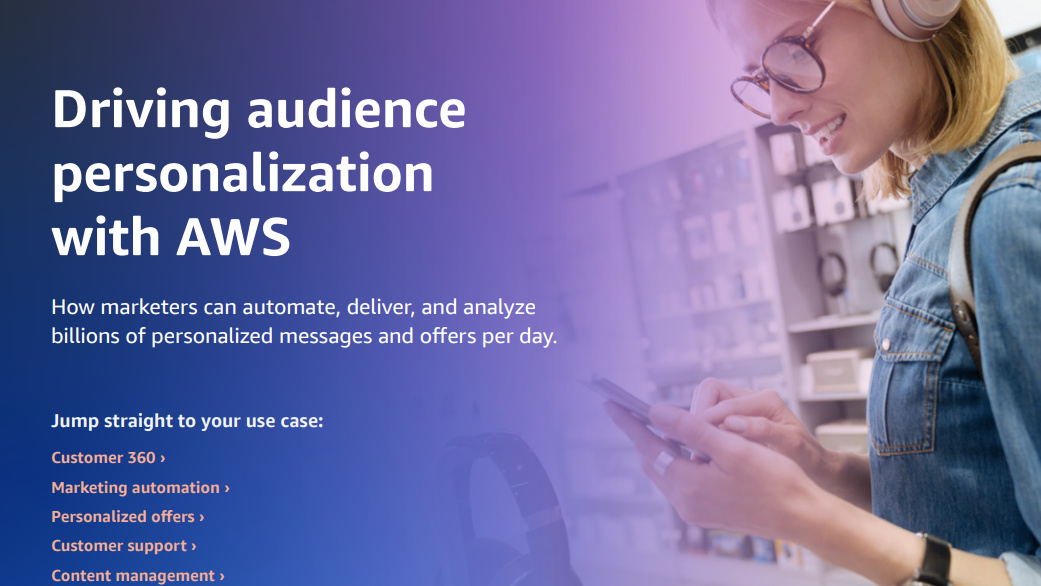 Automate personalization with AWS
Automate personalization with AWSWhitepaper How marketers can automate, deliver, and analyze billions of personalized messages and offers per day
-
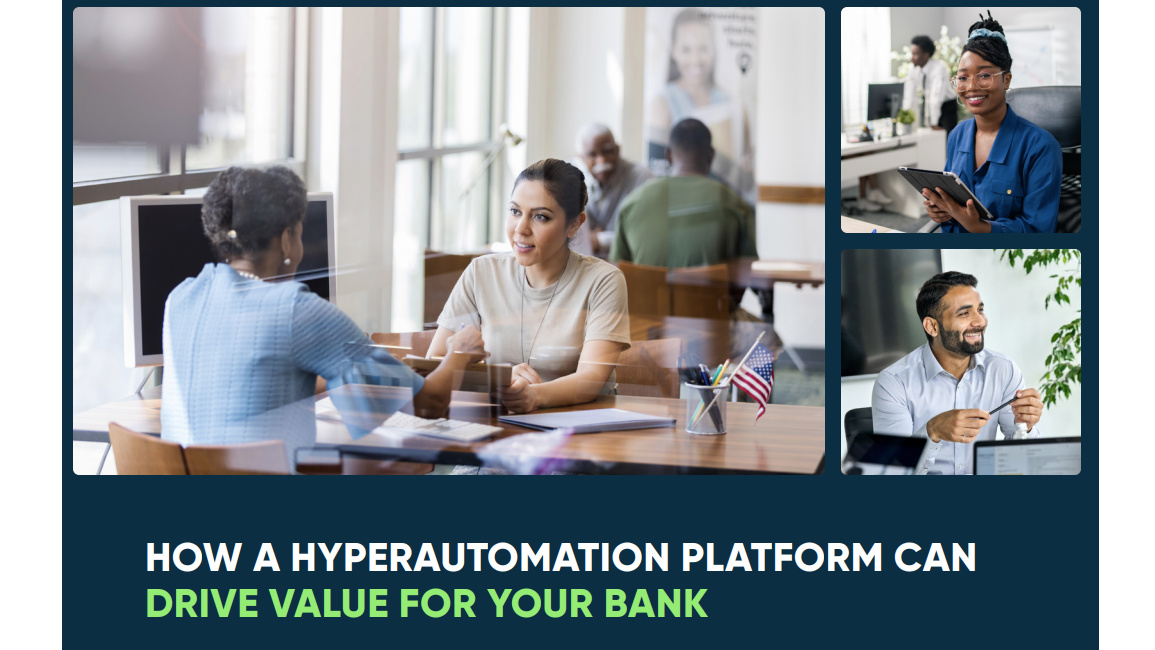 How a hyper-automation platform can drive value for your bank
How a hyper-automation platform can drive value for your bankWhitepaper Five ways automated processes can drive revenue and growth
-
 Appian wants to be the AI company for AI skeptics
Appian wants to be the AI company for AI skepticsAnalysis The firm outlines its AI strategy at Appian World 2023 while using ChatGPT and Midjourney to create scripts and imagery for keynote presentations
-
 Workday hit with claims its AI hiring systems are discriminatory
Workday hit with claims its AI hiring systems are discriminatoryNews An African American plaintiff has alleged that Workday's systems prevented him from being hired on the basis of his race, age, and mental health
-
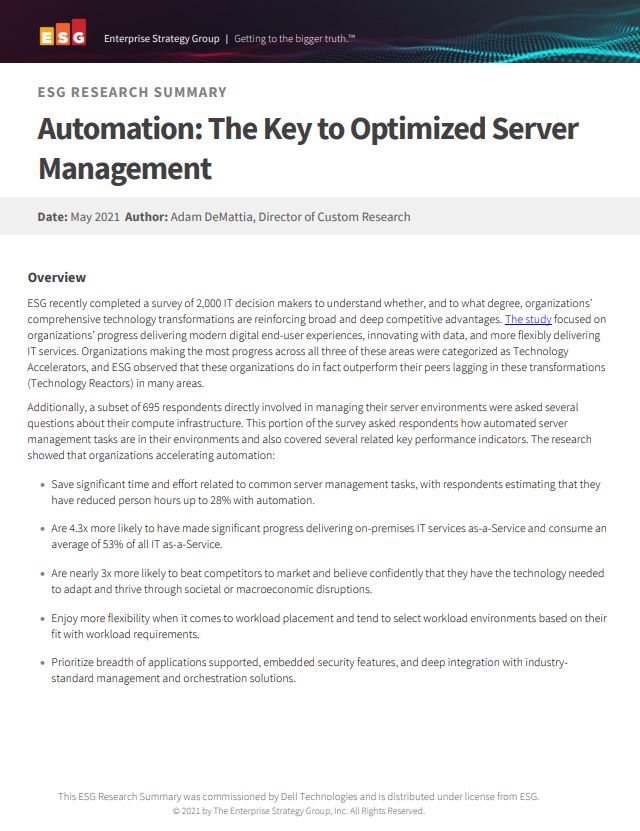 Automation: The key to optimised server management
Automation: The key to optimised server managementWhitepaper Deliver modern digital end-user experiences, innovate with data, and more flexibly deliver IT services
-
 Drive digital transformation with IBM process mining
Drive digital transformation with IBM process miningWhitepaper A process discovery, analysis and monitoring technique to help businesses succeed throughout the entire DX journey
-
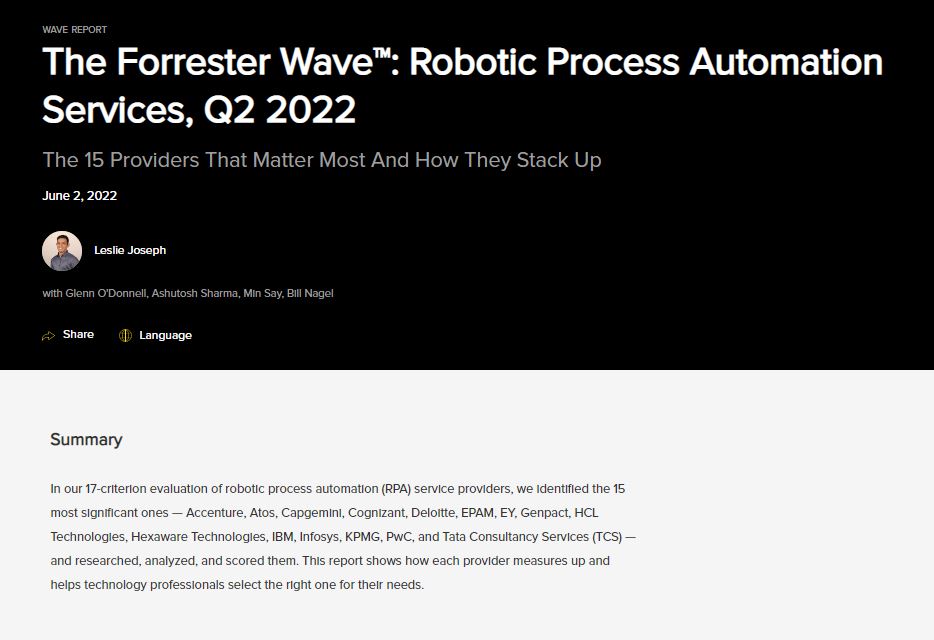 The Forrester Wave™: Robotic Process Automation Services
The Forrester Wave™: Robotic Process Automation ServicesWhitepaper The 15 providers that matter most and how they stack up
-
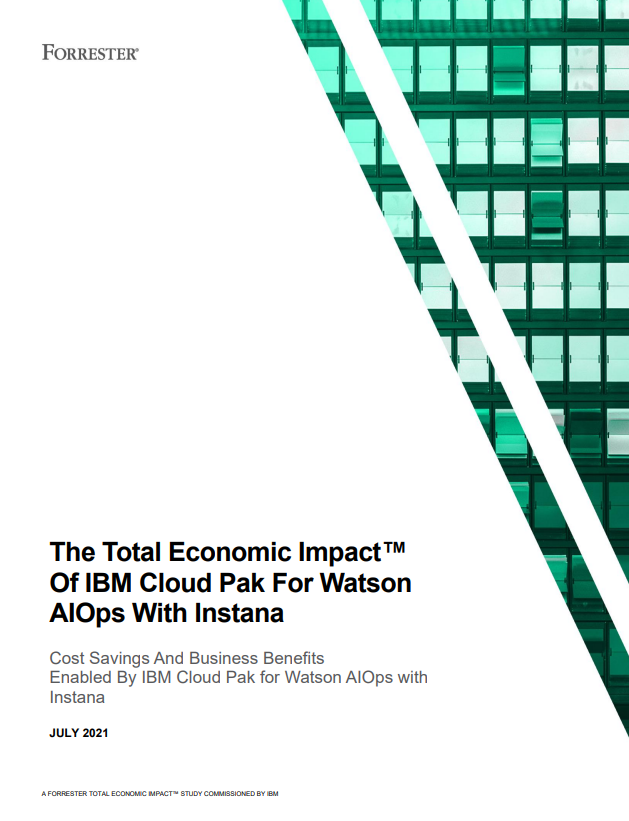 The Total Economic Impact™ of IBM Cloud Pak® for Watson AIOps with Instana
The Total Economic Impact™ of IBM Cloud Pak® for Watson AIOps with InstanaWhitepaper Cost savings and business benefits